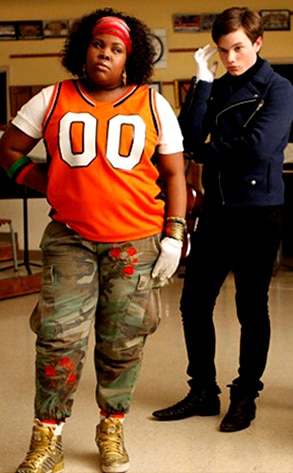 Nigel H Goddard , Rory Macneil and Jonathan Ritchie / Automated Experimentation / 2009 / 1:4 / doi:10.1186 /1759-4499-1-4 / Published: 29 October 2009
Nigel H Goddard , Rory Macneil and Jonathan Ritchie / Automated Experimentation / 2009 / 1:4 / doi:10.1186 /1759-4499-1-4 / Published: 29 October 2009 Abstract (provisional)
Background
eCAT is an electronic lab notebook (ELN) developed by Axiope Limited.
[http://www.axiope.com/electronic_lab_notebook_index.html]
It is the first online ELN, the first ELN to be developed in close collaboration with lab scientists, and the first ELN to be targeted at researchers in non-commercial institutions. eCAT was developed in response to feedback from users of a predecessor product. By late 2006 the basic concept had been clarified: a highly scalable web-based collaboration tool that possessed the basic capabilities of commercial ELNs, i.e. a permissions system, controlled sharing, an audit trail, electronic signature and search, and a front end that looked like the electronic counterpart to a paper notebook.
Results
During the development of the beta version feedback was incorporated from many groups including the FDA's Center for Biologics Evaluation & Research, Uppsala University, Children's Hospital Boston, Alex Swarbrick's lab at the Garvan Institute in Sydney and Martin Spitaler at Imperial College. More than 100 individuals and groups worldwide then participated in the beta testing between September 2008 and June 2009. The generally positive response is reflected in the following quote about how one lab is making use of eCAT: "Everyone uses it as an electronic notebook, so they can compile the diverse collections of data that we generate as biologists, such as images and spreadsheets. We use to it to take minutes of meetings. We also use it to manage our common stocks of antibodies, plasmids and so on. Finally, perhaps the most important feature for us is the ability to link records, reagents and experiments."
Conclusions
By developing eCAT in close collaboration with lab scientists, Axiope has come up with a practical and easy to use product that meets the need of scientists to manage, store and share data online. eCAT is already being perceived as a product that labs can continue to use as their data management and sharing grows in scale and complexity.
The complete article is [now] available as a provisional PDF
[http://www.aejournal.net/content/pdf/1759-4499-1-4.pdf]
The fully formatted PDF and HTML versions are in production [10-29-09]
Source
[http://www.aejournal.net/content/1/1/4]
!!! Thanks To / Garrett Eastman / Librarian / Rowland Institute at Harvard / For The HeadsUp !!!






